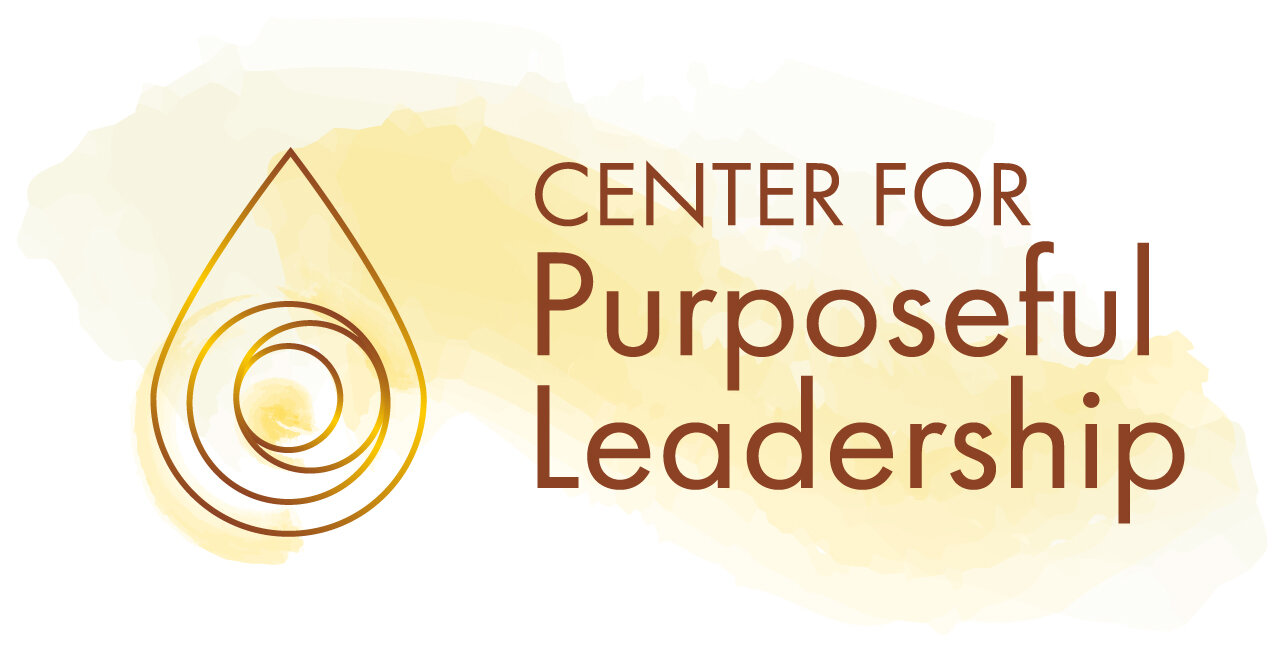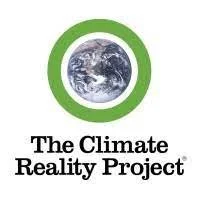Part 1: The Uncomfortable Truth about Changing Workplace Demographics (and Why You Can’t Ignore It)
/Part 1 of a 2-part series:
“… The ability to transform your company and your personal opportunities is life changing … and world changing.”
Part 2: The Exciting Possibilities of Changing Workplace Demographics (2 Converging Trends)
August 01, 2019
Over the last decade, Americans born between 1981-1996, or millennials, have come to make up the largest segment of the workforce, surpassing Generation X and the baby boomers.
Photos courtesy of Todd Photography
Some surprising statistics that have floated around about millennials include that they are more educated, marry later, and are more diverse than any generation before them. In theory, their impact could dominate the workforce for decades, if not for another wave hot on their heels: Generation Z. The first kids from this group, generally defined as those born between 1997-2012, graduated college this year and already are proving to be even more progressive, activist-oriented, and diverse than their millennial counterparts.
Inevitably, changing workforce demographics results in a radically changing workplace. Previous attitudes about work/life balance, continuity and turnover, diversity and inclusion, and company values simply don’t resonate—and may even repulse—younger generations of employees. Organizations must adapt their philosophies and best practices to keep pace with these evolving expectations and demands. Moreover, companies that embrace changing workplace demographics will find themselves with a competitive advantage over those lagging behind.
The Coming Changes
Perhaps “coming changes” is a misnomer here—it would be more accurate to say that the changes are already here, and organizations across sectors are feeling the heat. Over the last couple of years alone, you've likely seen articles about the significant number of industries that millennials are “killing,” which are met with chagrin and eye-rolls from this generation, many of whom are well into their early 40s. These waning business institutions have lost their competitive advantage because they failed to evolve and cater to millennial and Gen Z ethical consumption desires—and many of these desires are brought inside the workplace by younger employees.
Millennial employees have grown up in a world in which the conversation around intersectionality has achieved great strides in publicly calling out injustice and moving toward creating a world that works for all, including people of color, women, LGBTQ+ people, and religious minorities. They’re statistically more progressive and diverse than previous generations, and Gen Z is reportedly following this same path. Millennials also bring certain ideals about what they want to gain from their employment, which is a great deal more than a steady paycheck.
Perhaps the starkest divide that exists within organizations that reflect changing social values is illustrated by digital technologies—in other words, the critical difference between digital natives and digital immigrants. Most important to note is that, though the focus has been on technological advances, the key things that distinguish digital natives from digital immigrants are the worldview and communication styles that are broadcasted by technology. In The Millennial Myth: Transforming Understanding into Workplace Breakthroughs, Crystal Kadakia writes in depth about digital natives and how they’re affecting change in the workplace. She highlights that “millennials are the first generation of ‘digital natives,’ having come of age with computers, the Internet, and digital technology. As such, they just happen to be the best informants to strategically guide modern workplace trends …”
What makes this philosophical shift all the more interesting is that the number of boomers working isn’t necessarily drastically decreasing. Boomers are retiring later for a variety of reasons, from fewer options for retirement to less savings to advances in medicine that mean better health for those who simply want to stay engaged in the working world—70 is less old than it used to be. Add Generation X to the mix, and the intergenerational labor force holds great potential for companies willing to adjust. Kadakia goes onto say that “boomers, gen Xers, and millennials can form relationships where knowledge is transferred, productivity increases, and supportive community is built”—provided the collaboration is grounded in mutual respect for generational diversity.
On the other hand, because of the intergenerational diversity—in social and workplace values and in communication styles—conflict inevitably arises. Kadakia’s The Millennial Myth advocates for increased awareness and confronting the myths that drive intergenerational conflict. She envisions a working world in which older generations can better understand the context in which millennials and now Gen Z grew up, and the younger workforce can better adapt to and evolve the pre-existing organizational structures that they’re emerging into.
Changing attitudes aren’t the only intergenerational challenge we’re all facing; AI and technology are transforming the nature of work. To paint a dire picture, AI is projected to bring about a wave of job loss in the not-too-distant future. The Driver in the Driverless Car: How Your Technology Choices Create the Future, by Vivek Wadhwa and Alex Salkever, delves into the implications of AI in the workplace. With younger generations more attuned to technology, millennials and Gen Z may become even more ingrained into the organizational culture—which means creating a healthy intergenerational community to brace ourselves against these juggernaut transformations that will affect everyone is all the more urgent.
Photos courtesy of Todd Photography
Rolling with the Changes
An immediate impact of changing workplace demographics is the expectation of increased representation of people of color, women, and LGBTQ+ people at all levels of the organization. One of the most effective top talent retention strategies for keeping and engaging millennials that organizations can commit to if they want to have a fighting chance for longevity is digging their collective heels into investing in diversity and inclusion. Creating a workplace culture that empowers historically marginalized people and communities to forge their own path signals to the younger workforce that diversity and inclusion are priorities within the company.
Joan Kuhl’s book Dig Your Heels In: Navigate Corporate BS and Build the Company You Deserve focuses primarily on women in the workplace, but her advice can apply to demographics that have been historically excluded from any industry: “There is a great sense of accomplishment and community that comes with digging your heels in and creating a job, company, and industry where you and other women can bring your whole selves without compromising your life priorities. This journey will unleash a much bigger and better feeling than any one-time pay raise or promotion. The ability to transform your company and your personal opportunities is life changing … and world changing.”
Of course, organizations must take the first steps toward fostering an environment that embraces millennials’ values and expectations, then continue to sustain such a culture through the coming years. In Going Horizontal: Creating a Non-Hierarchical Organization, One Practice at a Time, author Samantha Slade writes, “Millennials do not understand why information and authority cannot be dynamic and flowing. When an organization shifts to a transparent culture of shared power and mutual responsibility and care, then it can truly begin to respond to the challenges modern organizations are facing.”
Returning to the challenges of technology and AI reshaping the workplace, the answer may lie not in fighting against jobs being lost, but rather in finding a way for generations within an organization to coexist and embrace a more dynamic and less hierarchical structure as technology evolves. Actively developing employees—all employees, across generations—so they aren’t left behind can counter technical changes along with demographic shifts in the workplace. Carefully assess the impact of new technology to see how it affects not only jobs but also workplace dynamics. Identifying the different forms of creativity and expertise across generations enables workplace cultures to roll with the punches more fluidly than organizations with more brittle (read: breakable) systems. When we advocate for “digging in,” we advocate for digging into building diversity, equity, and inclusion into the very core of every organization—and the result is higher retention and engagement and greater agility.
Evolve or Unravel
It’s no secret: Organizations set in their ways find change difficult and are likely fated to become obsolete. Additionally, the thought of a workforce not motivated by expanding profits and cutthroat advancement can seem foreign, even a little unsettling, to business leaders with their own opinions of what defines success. However, sticking to “the old way” because it worked fine 20 years ago or matches the C-suite’s totalitarian point of view isn’t just a philosophical conflict—it can be a bad business decision.
Fortunately, there are a number of resources to help you begin a culture shift and find a better way to run a successful business. Here’s a quick toolkit you can reference to start your journey of building inclusive workplaces and organizational development:
Three Strategies to Change Your Workplace Culture by Changing Your Meetings
Want to Attract and Engage Millennials? Start with Workplace Diversity
What Leaders Can Do to Inspire Diversity and Inclusion That Transforms Organizations
Is Your Organizational Culture Attracting or Repelling Top Talent?
How to Leverage Millennials to Transform Your Company Culture
Changing demographics will transform the American workplace, whether or not organizations are ready for the transformation. The shift shouldn’t be seen as a burden but, rather, an opportunity. As Crystal Kadakia envisages in The Millennial Myth, “We can be better prepared to attract, engage, and retain generation Z as they enter the workplace and avoid the challenges experienced with millennials. We can feel more empowered ourselves, knowing that we are not just doing what we have always done, but are doing the right things.”














…this idea of worthiness, that struggle we go through as a nation, happens all the time.
Edward Dugger III, president of Reinventure Capital and an early pioneer in impact investing, explores the intersection between the venture capital community and racial equity.